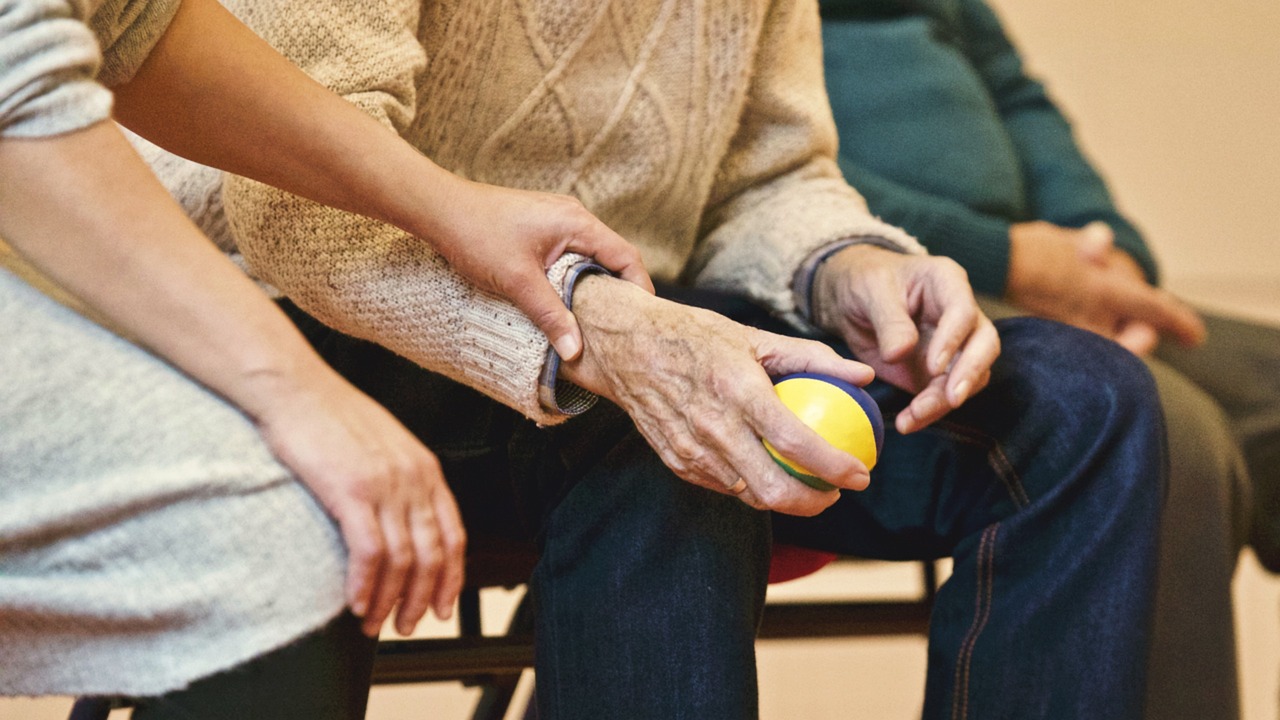Assisted living provides seniors an opportunity to continue living their lives independently, albeit with a bit of help here and there. However, many people shut down this option before giving it a proper chance. In fact, some seniors even reject assisted living as an option after they suffer an injury at their home, one that the staff and resources of an assisted living facility could have tremendously helped with. If one of your family members has recently hurt themselves at home but isn’t receptive to assisted living, we want to help you navigate these discussions and get them the help they need.

Understanding Their Concerns
When a senior family member resists the idea of assisted living, it helps to understand where they are coming from. Most of the time, their refusal to consider assisted living is not irrational – it is simply not something they want to come to terms with just yet. Recognize that this resistance often stems from a fear of losing independence and the comfort of familiar surroundings. It’s important to listen actively to their concerns, validating their feelings without immediately dismissing them.
Consider these steps to help navigate early discussions:
- Start by acknowledging their desire to stay home and the reasons behind it.
- Gently explore the challenges they face with daily tasks and how an injury has impacted their routine.
- Discuss the benefits of assisted living, such as safety, medical care, and social opportunities, in a non-confrontational manner.
- Encourage them to express any fears or misconceptions about assisted living facilities.
Even though this seems counterintuitive, the immediate aftermath of an at-home injury may not be when your family member will be receptive to change. Aging is completely natural, but your family members might feel embarrassed about their situation and the awkward position they are placing their family in. They may change their tune once they have time to reflect on the discussion. Continue to bring up the option of assisted living going forward in conversations.
Another potential roadblock in the discussion is the idea that your family member doesn’t want to be a burden on their family in any way. This ties into the idea of independence, but it can go further. For starters, your senior family member may have financial concerns. Asking for financial help is never fun, even more so if you are a senior who prides themselves on independence as you age. In addition, assisted living implies staff who assist residents. Some people have an aversion to any help whatsoever, whether from paid staff or family members.
The best way to address these concerns is to assure them that their current situation is not a burden on your family or anyone else, for that matter. Tell them that knowing they are safe and looked after is a greater relief than any other burden possibly being placed on you. They have worked hard their entire life and deserve assistance in their old age, whether that is help with minor tasks or more involved caretaking.
If They Refuse Help for an Injury
Depending on the circumstances of your loved one’s injury, you can also point out that refusing help is not better for anyone. If a senior is injured at home and cannot receive medical attention promptly, their issues can worsen, resulting in higher medical costs and more stress for everyone involved. Minimally invasive assisted living options exist at our facilities to allow anyone to live an independent life with the added security that comes with 24/7 staff.
A Banyan Residence is an assisted living and memory care facility in The Villages, Florida. If your loved one has concerns about making a life transition after an injury at home, we invite you to take a tour of our facility.






